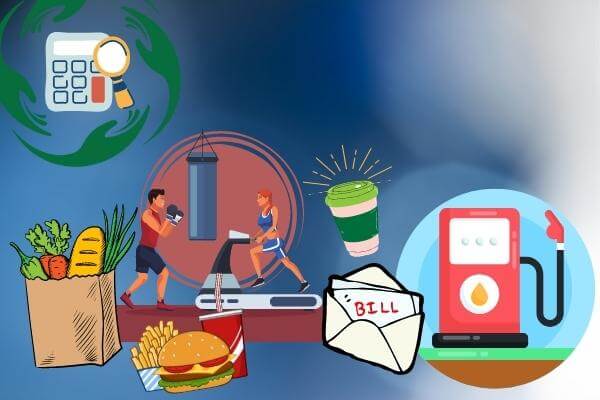There is increased talk in the media about the CCCFA changes and the impact on everyone who wants to get lending.
Why is it now so hard to get lending?
The CCCFA requires lenders to see evidence of actual spending. No longer can they trust the figures you provide. So, what expenses do banks look at?
Here are the obvious ones in no particular order:
- Groceries
- Regular essential entertainment – coffees, takeaways, etc. and note that different banks want breakdowns on different things such as alcohol and nicotine.
- Transport and motor vehicles, petrol
- Utilities such as phone, internet, power, and gas
- Insurances and rates
- Child support
- Household costs
- Gambling (and this includes lotto)
- Savings (yes! This can be considered an expense!)
- Regular investing on top of KiwiSaver, eg. Sharesies
- Subscriptions to services such as Netflix, Neon, Sky, the gym… any regular commitments that you have signed up for.
Getting cash out at an ATM will also raise questions – lenders will need to ascertain what you actually spent that money on. Wow, full on.
Spending Plan – Set a budget
We used to work with you to set a budget (also known as a spending plan) and then use those figures to show your costs to the Lender. Now the banks are using your historical behaviours of the last 3-6 months to determine your expenses, regardless of your intention to change your spending habits.
This means that while you are spending money because you can afford it currently, the Banks will frown at this and will not be willing to take your word for it that you will stop eating that awesome takeaway Thai food twice a week when you have a loan to repay. Often people change their behaviour to clear debt when they purchase a house. Some people are typically not great savers, but are fantastic at paying debt. The common sense around assessing the borrower has gone.
The legislation is clear that Lenders need to see evidence of all costs, so that does not allow them to use projected costs unless it is for the new rates and insurance for the property that you are purchasing. They even want to see the insurance policies to see that they are marked as an interested party on the house insurance and that the insurance is sufficient to at least pay them back, and preferably to rebuild your asset.
The banks have had a few adjustment issues and some banks have taken regular savings as an ongoing commitment and used this against you when assessing your ongoing affordability.
Thank goodness the law is back in review. In the mean time we just need to work within the rules.
We are here to help you navigate through the process of purchasing your home, and we look forward to hearing how we can help you.

